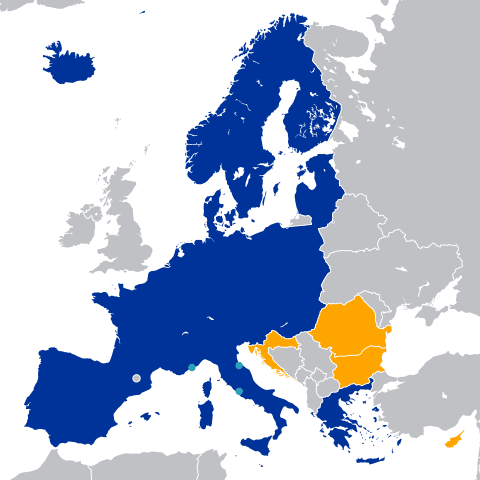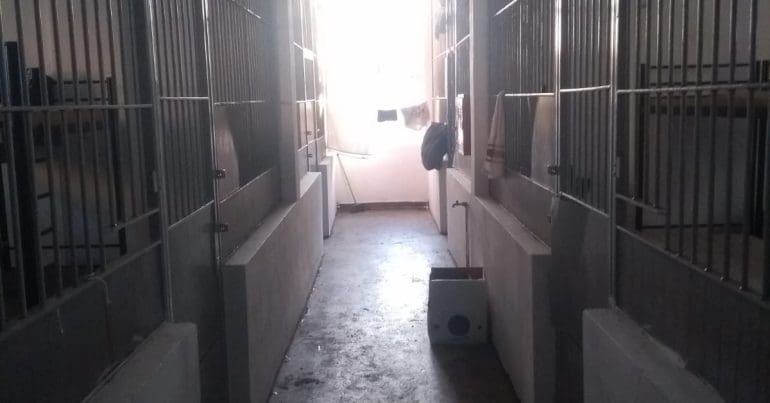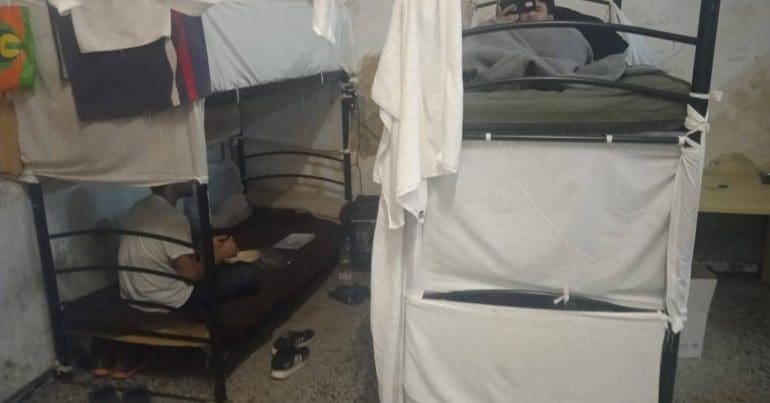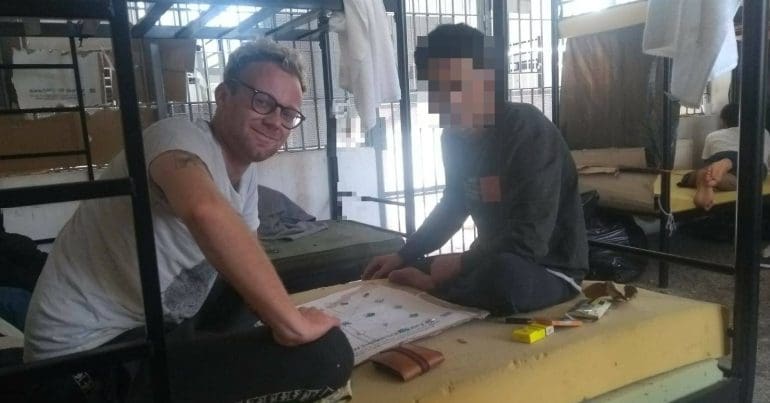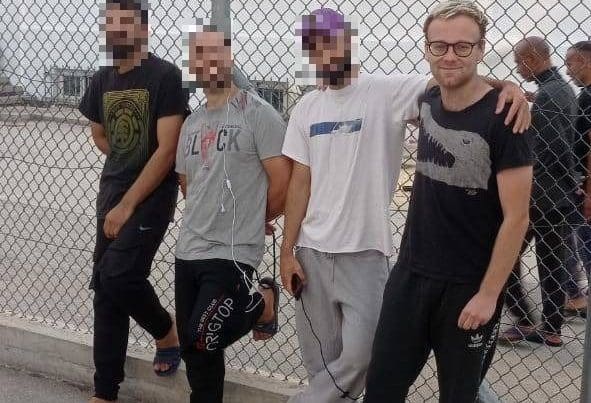Earlier, we shared the results of an investigation into allegations of antisemitism at The Canary and Skwawkbox. This confirmed that we have always upheld the IMPRESS Standards Code and have neither discriminated against Jewish people, nor incited hatred against this group, of which I am personally a part. The government report that sparked the investigation was just another tactic employed in a clumsy attempt to harm our reputation, destroy our business, and silence the socialist Left. It failed.
Many of you, our readers, have been with us from the start. We are so grateful to you for that support, which we continue to appreciate as we all deal with the emotional and financial impact of this sustained campaign of five and a half years and counting. For others, this might not be an issue you’re familiar with. Either way, I felt it important to lay out a brief history (there is actually way too much to include in a single article, but you can read our many articles on antisemitism, if you wish) and also acknowledge the impact that this has had on our business and the wellbeing of individual members of our team.
Where did all this start?
The Canary launched in October 2015 and already by February 2016, the Telegraph was calling us “the maddest Left-wing website in the world”. This was a beautiful example of the old trope of ‘no such thing as bad publicity’. Our traffic immediately spiked and we continued to grow our audience at a rapid rate. We were proud of our achievement and took this as an indication that our intention to be a disruptive force in the media landscape was being realised, and quickly. But we were about to enter the Twilight Zone.
Many will never believe that the coincidence of our launch and Corbyn’s election as leader of the Labour Party was purely that – a coincidence. Either way, The Canary and Corbyn’s leadership were striving for many of the same socialist, environmentalist, and humanitarian goals for the UK and beyond: Then, and now, peace and justice for all. And that meant that if there were elements gunning for Corbyn, they were gunning for us too.
It was never Telegraph readers who wanted to silence us (though Eric Pickles and Conservative Friends of Israel were somewhat complicit in what unfolded), it was the centrists whose interest was in maintaining a status quo that is beneficial to them, regardless of the impact on those who aren’t part of their in-crowd.
Our co-founder, former editor, and my wife, Kerry-Anne Mendoza, wrote in April 2016:
It appears that enemies of Jeremy Corbyn’s progressive plans for the Labour party have discovered some common ground. Blairites within the party and the media, along with their conservative peers and the pro-Israel lobby, all lose out if Corbyn succeeds. So, in short, they are seeking to take him out of play by hitting him where it is mutually beneficial – his long-standing criticism of Israel’s illegal occupation of Palestine.
Conflating criticism of Israel with antisemitism
And so it began. Early efforts in this campaign deliberately confused opposition to the actions of successive Israeli governments, which have systematically oppressed Palestinians, with antisemitic hatred of Jewish people. This has been a theme throughout, and, as I see it, the only way anyone could possibly say that The Canary is antisemitic; we have always been willing to criticise the Israeli government and military in their treatment of Palestinians and Jews of colour.
Because the creation of Israel in 1948 was the culmination of a Zionist project that began at the turn of the last century, but had been framed as reparation for the Shoah (the Hebrew name for the Holocaust), it was relatively easy to create and capitalise on confusion about whether criticising Israel is an example of antisemitism. Despite this, there was eventually, in 2018, a doubling down on this tactic, via the British Board of Deputies and the IHRA definition of antisemitism. This effort is ongoing, despite the fact that the author of the IHRA definition has warned that it is open to abuse.
The witch hunt’s first victims: Naz Shah and Ken Livingstone
Naz Shah’s social media comments, made prior to her election as an MP, were undoubtably offensive to many in the global Jewish community but her apology was thorough and effective and her resignation as Parliamentary Private Secretary for John McDonnell appropriate. Corbyn accepted both, and Shah was not suspended from the Labour Party.
The fact that these historic comments made front page news in April 2016 was, on the face of it, totally absurd. But the mainstream media had already joined the anti-socialist, anti-Corbyn campaign and was happy to oblige. Meanwhile they were ignoring what was actually going on in Israel and Palestine at the time, as well as endemic racism and Islamophobia in the Conservative Party.
Shortly after Shah’s vilification, came the suspension of Ken Livingstone for antisemitism. Say what you like about ‘Red Ken’ Livingstone – I don’t necessarily agree with the guy on everything – but he was the second victim of what was already, clearly, a McCarthy style witch hunt.
Livingstone had made a statement that gave a historical fact about Hitler’s early plans for European Jews and was immediately set upon. He may have shown poor judgement in raising this in the context of a media interview, but he was giving an accurate historical fact that ended in him being the witch hunt’s first really high profile victim.
Chakrabati inquiry
In June of 2016, human rights activist, Shami Chakrabati published a report following her inquiry into racism in the party. The findings should have been good news for Corbyn, demonstrating that aside from a very small handful of repugnant individuals, there was no evidence of systemic racism – including antisemitism – in the party. Unfortunately the mainstream media managed to spin the report’s content into oblivion and continued to bash Corbyn with gay abandon.
Five more years of smears
The campaign against Corbyn and socialist members of the Labour Party has continued in earnest. Everywhere from the Oxford University Labour Club to the NEC elections, the Labour Party conference, and the Parliamentary Labour Party, there are people who have been affected.
In April 2017 a group of 145 predominantly Jewish Labour members wrote to Corbyn, warning of the dangers of silencing them as critics of Israel. This followed the expulsion of Jewish Labour member and former co-chair of Momentum, Jackie Walker, for supposed antisemitism.
This was the time that Corbyn should have stepped up to support Jews on the left of the party. After all, we had been supporting him from the moment he announced his leadership bid and had been fighting hard to counter all the misinformation, spin, and outright lies being put out by mainstream media, including our state-funded broadcaster, the BBC. In my mind, this was actually his single biggest mistake. Instead of joining with, and backing up those dedicated to getting him elected as prime minister, he attempted to appease the centrists who were hell bent on getting rid of him and apparently had no interest in the facts of the matter.
Since Keir Starmer took over the Labour Party leadership in 2020, the witch hunt has focused in on the left of the party again. Now it is clear that left wing Jews are no longer welcome in the party and that is probably the worst antisemitism we’ve ever seen from Labour. In today’s Labour Party there are the right kind of Jews – Zionists who support the Israeli government – and the wrong kind of Jews – people like Jackie Walker and Graham Bash, as well as me and The Canary‘s Senior Editor, Emily Apple, who are willing to speak out against the actions of Israel.
The extent of corruption and underhanded tactics employed from within the Labour Party and by supporters of Israel is astonishing. It’s so unbelievable that we are accused of being cranks and conspiracy theorists. But the thing is, the receipts are all there, whether it is the fake social media accounts set up to discredit Corbyn or the Israeli diplomat and UK civil servant working together to bring down anti-Israel politcians in the UK, and build up those who are supportive, there is evidence and it is solid.
Stop Funding Fake News and Rachel Riley
Never in a million years did I think that the numbers woman from Countdown (Channel 4) would be trying to get my business shut down! But Rachel Riley was one of the most vocal supporters of a shady campaign calling themselves ‘Stop Funding Fake News’.
Stop Funding Fake News aimed to discredit The Canary and other left wing, pro-Palestinian outlets through bad faith claims that we had published so-called fake news. They also directly lobbied our advertisers to withdraw. To a degree they succeeded but continued to hide their funding and which individuals were actually running the campaign.
It took a lot of work but regular contributor and good friend of The Canary, John McEvoy, got to the bottom of Stop Funding Fake News, uncovering the campaign’s links to the right wing of the Labour Party. You can read the report of his investigation here.
The impact
There is the impact on our reputation. The smear campaign against us has succeeded in making The Canary synonymous with antisemitism in the minds of some. This is unjust and undeserved but also tells us that we have continued to punch vastly above our weight, as we have done since the word go. But it has really taken something for us to stand firm in the face of these attacks.
We run on a shoestring budget so there is no room for big PR campaigns or expensive legal battles. Our opponents have access to millions of pounds and some of the most effective spin doctors out there. They have mainstream media firmly on their side as well. Some might say it’s a bit of a David and Goliath situation.
Some of our advertisers decided we were too much of a risk for them and withdrew their adverts from our website. Thankfully, our readership responded by stepping up to fund the gap through a monthly membership scheme. Though, sadly, with the impact of Coronavirus and rising cost of living, we have lost a lot of those supporters in the past year and we find ourselves needing to make up a shortfall again (this is me shamelessly begging for your support if you can possibly afford to help us with as little as £3 per month).
The cost to our mental health
Here at The Canary we are a team of people dedicated to fighting racism and fascism wherever it occurs. Most of us have literally put our bodies on the line to protect vulnerable and oppressed people at one time or another. So being accused of antisemitism is a big deal and it hits right at the core of our identities. That hurts us.
For those of us who are Jewish there is another layer to this, which is that we know what genuine antisemitism looks and feels like. I wrote about some of my experiences and how the witch hunt has only succeeded in diluting the impact of calling something out as antisemitic. Our senior editor, Emily Apple, has also written from her perspective as a Jewish person and called out the right-wing press for hijacking our lived experience for political gain.
Like Graham Bash – a Labour activist and 50+ year veteran member of the party who was recently expelled for antisemitism – who speaks about his early experiences in the following video, my early experiences of antisemitism are part of why I grew up to be an activist.
Listening to Graham’s account reminded me that my grandfather was beaten so badly by antisemitic bullies at school that he lost a testicle. To me, that hardly compares to calling out human rights abuses against Palestinians.
I know that our opponents want to break us down and make us back off because staying in the fight is intolerably painful, so I’m hesitant to admit that they have come close to succeeding with me. I live with Complex PTSD and I am autistic, both of which contribute to making me an extremely sensitive person. I’ve had a lifetime of bullying so all of this is massively triggering to me and I’ve been in a pretty much constant state of fight or flight throughout. This has exacerbated my chronic physical health conditions and to be honest my whole nervous system has basically been in meltdown.
I asked our Senior Editor, Emily Apple, to tell me about her experience throughout the witch hunt and this is what she said: “There’s always a price when you successfully take on the establishment. Previously in my life this has manifested itself in police violence and repression – threats of serious charges and prison.
“But in the case of The Canary and pro-Palestinian elements of the radical left more generally, in recent years, it has been the accusation of antisemitism.
“The first protest I went to that turned into a riot was the Anti-Nazi league demo in Welling against a BNP bookshop when I was a teenager; I’ve spent years on the streets opposing the far-right and was proudly Antifa many years before it became a household name.
“I’m not saying this to impress with my anti-racist credentials. I’m saying it because militant anti-fascism is deeply ingrained in me. Like many people on the left, it is a core part of who I am.
“And it’s why this attack has had a massive impact on my mental health and on the mental health of many others who’ve been targeted by this witch hunt. It is an attack on what fundamentally defines us.
“It’s also why I cried when I read the IMPRESS report. I know I’m not publishing and writing hate speech. But having that backed up by our regulator is a massive step in countering the absurd accusations made by John Mann in his blatant vendetta against us.
“Like many people targeted by the witchhunt, I’m Jewish. I have family members who are Zionists. And it’s one of the reasons why I’ve always felt a real need to campaign on behalf of the Palestinian struggle – I feel a duty to say ‘not in my name’.
“I also find it particularly frightening that these attacks have happened at a time when we’ve seen the biggest shift to the far right in generations. Both in the UK, US and across Europe, genuine fascism is on the rise. In the UK, a combination of bills, including the policing bill, are taking away our fundamental rights. Now more than ever we need to fight the threat of fascism before it’s too late. Smearing those who are at the forefront of this battle is disgraceful and utterly unforgivable.”
Many of you will already know that my wife, Kerry-Anne, who was, until recently, our Editor-in-Chief, had to resign to tend to her mental health. The disgusting campaign against her invitation to give the NUJ’s annual Claudia Jones Memorial Lecture was what eventually pushed her into a breakdown, in 2018, which she is still recovering from. When it comes to PTSD, in Kerry-Anne’s case there are numerous other factors, but having to go to battle virtually every time she set foot in the office has not helped.
Moving on
It really has been good for us to see that IMPRESS have only confirmed what we already know – The Canary does not, and never will discriminate against or incite hatred of Jewish people. As human beings, we sometimes need that kind of validation.
I hope that for any readers who have had doubts about our credibility as an anti-racist and anti-fascist outlet, you can now feel more sure that we are who we say we are.
We know the witch hunt is not going away, at least not any time soon, and we will continue to stand in solidarity with those who have been unfairly treated and accused of antisemitism because they are willing to criticise Israel.
This little yellow bird continues to be a thorn in the side of the establishment. We will stand strong against these bad faith, politically driven misinformation campaigns for as long as our readership needs us to stand for them.
Solidarity to you all, and a thousand thanks for sticking with us.
Featured Image: Roger Harris/The Canary
This post was originally published on The Canary.
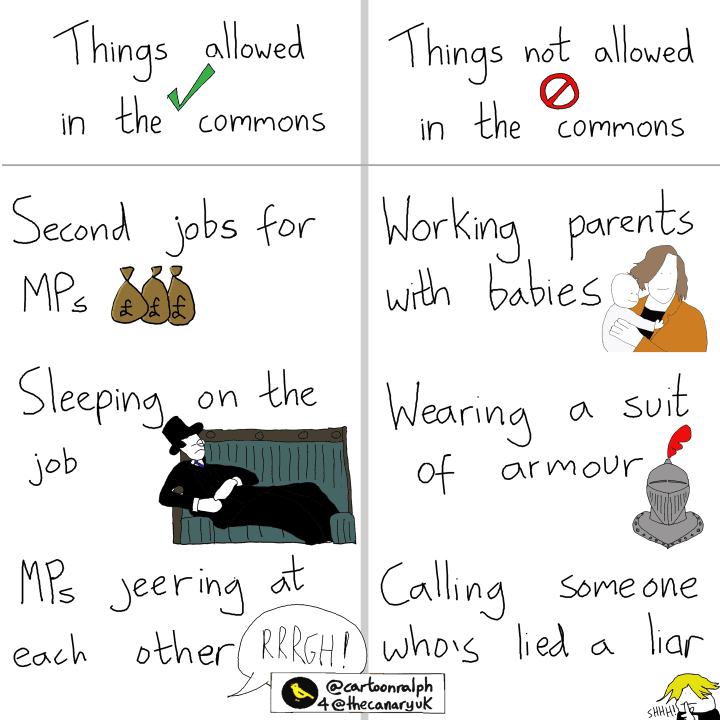

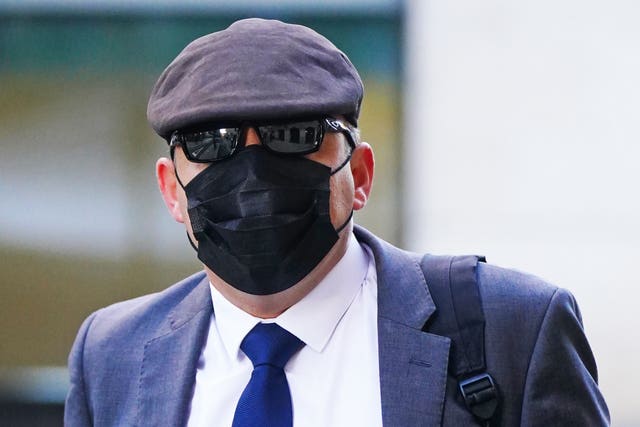

 HS2 to Leeds
HS2 to Leeds (@AnnelieseDodds)
(@AnnelieseDodds)  . Given the no-confidence letters now flowing into the 1922 Committee – it’s less ‘Get Brexit done’ and more ‘Get Boris gone’
. Given the no-confidence letters now flowing into the 1922 Committee – it’s less ‘Get Brexit done’ and more ‘Get Boris gone’ 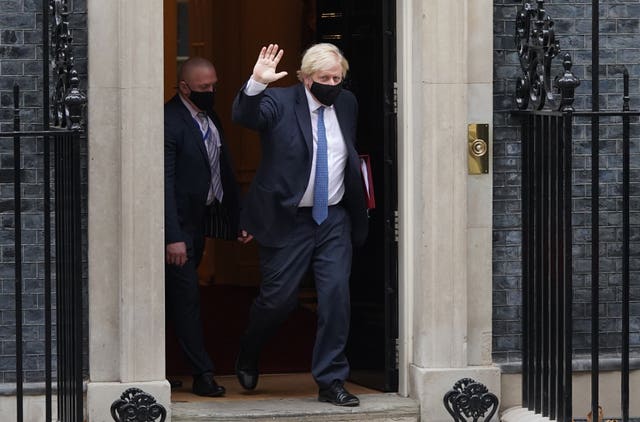
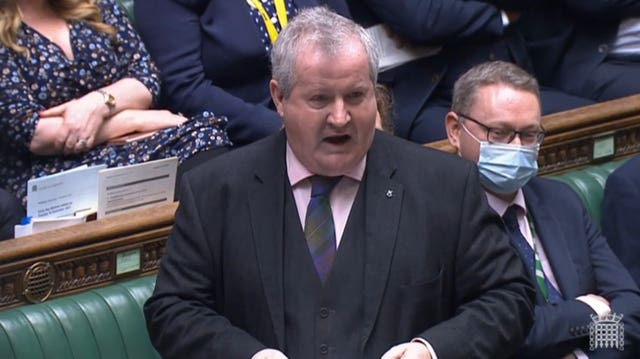
 Boris Johnson is surrounded by a litany of broken promises and failure.
Boris Johnson is surrounded by a litany of broken promises and failure. And a Tory sleaze and corruption scandal on a scale not seen since the 90s.
And a Tory sleaze and corruption scandal on a scale not seen since the 90s. Boris Johnson is simply unfit for office – even his own MPs are losing confidence in him.
Boris Johnson is simply unfit for office – even his own MPs are losing confidence in him. 
 (@BThroughParty)
(@BThroughParty) 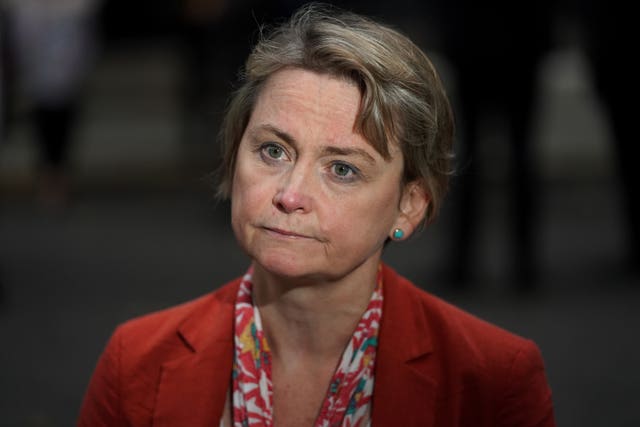
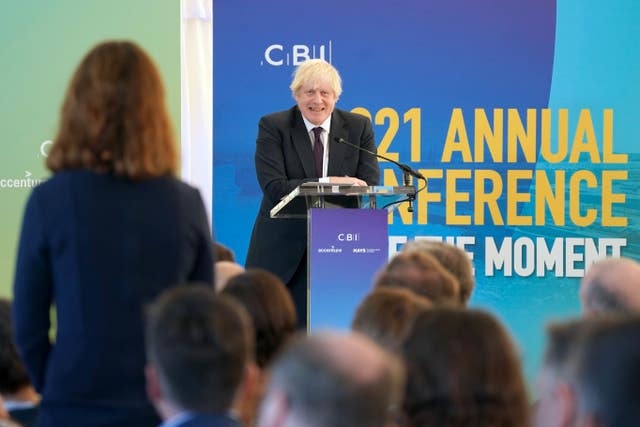


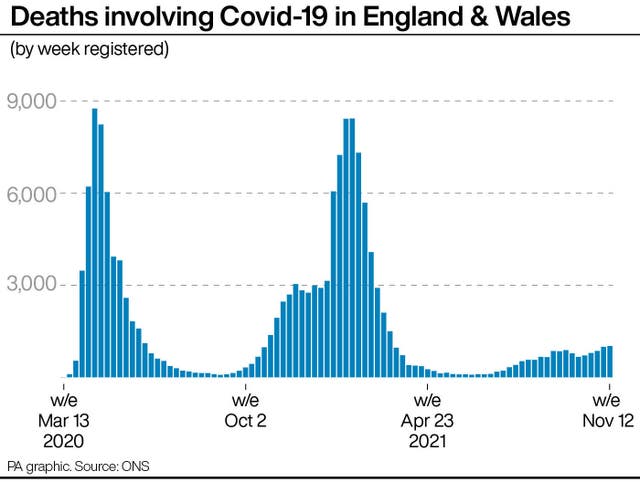




 (@davemacladd)
(@davemacladd) 
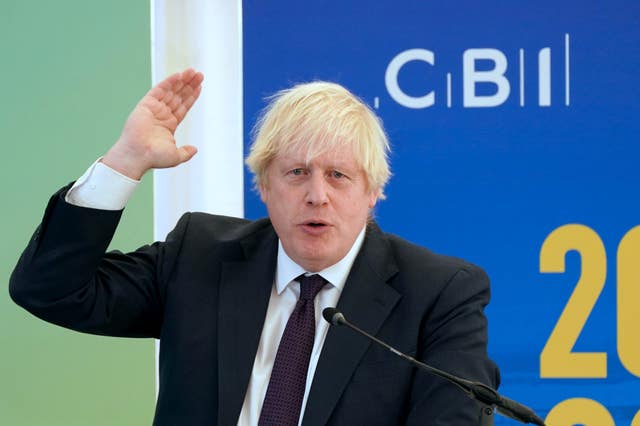
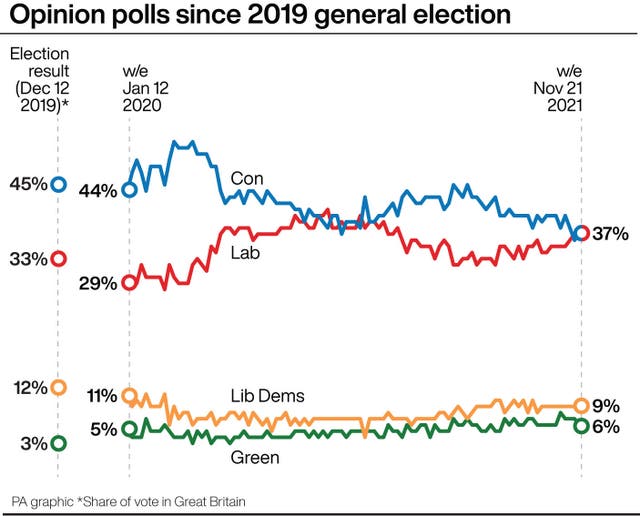
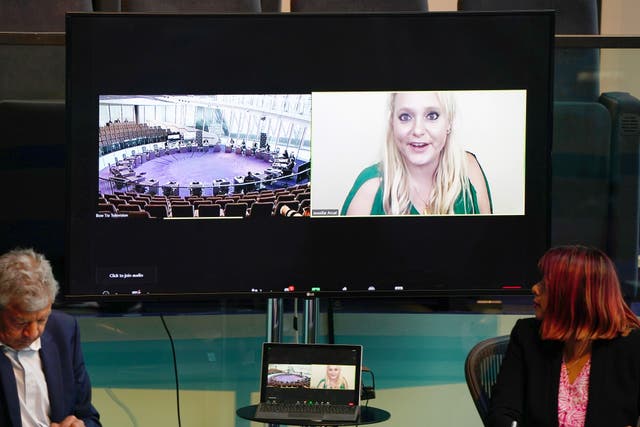
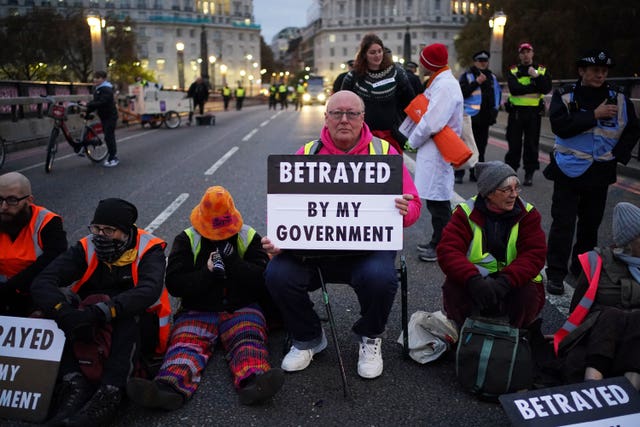
 Hope lies in the streets!
Hope lies in the streets! Thank YOU for not being a bystander as this government continues to betray its people, refusing to act on the science of climate breakdown, and is complicit in enabling a project of systemic genocide.
Thank YOU for not being a bystander as this government continues to betray its people, refusing to act on the science of climate breakdown, and is complicit in enabling a project of systemic genocide. 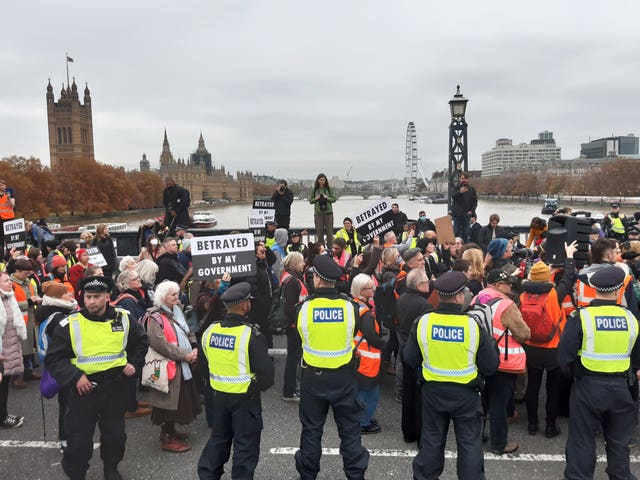
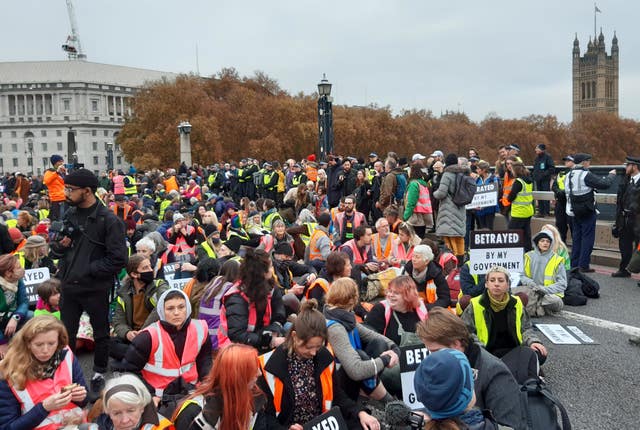
 Where do YOU stand?
Where do YOU stand?

 Will you stand with us in solidarity with the
Will you stand with us in solidarity with the  12pm Sat 20th @ Royal Courts of Justice:
12pm Sat 20th @ Royal Courts of Justice: 